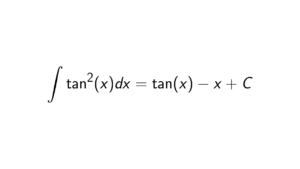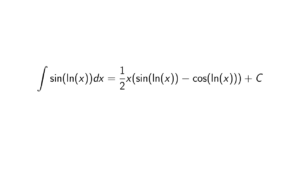How to prove that two ideals (a) and (b) in PID are comaximal iff gcd(a,b) = 1
The best way to tackle this problem is by using the definition of a comaximal.Prove that any two ideal (a) and (b) in PID are comaximal iff gcd(a,b)=1
Proof: let be a PID. We will start with the right implication:““: let be the generator for the principal ideal generated by and , i.e.,
We have given that since and are comaximal. So this means that and therefore we have an -linear combination for some . This means that since .
““: reverse the previous proof.

